Ticino fails to exploit expat resources
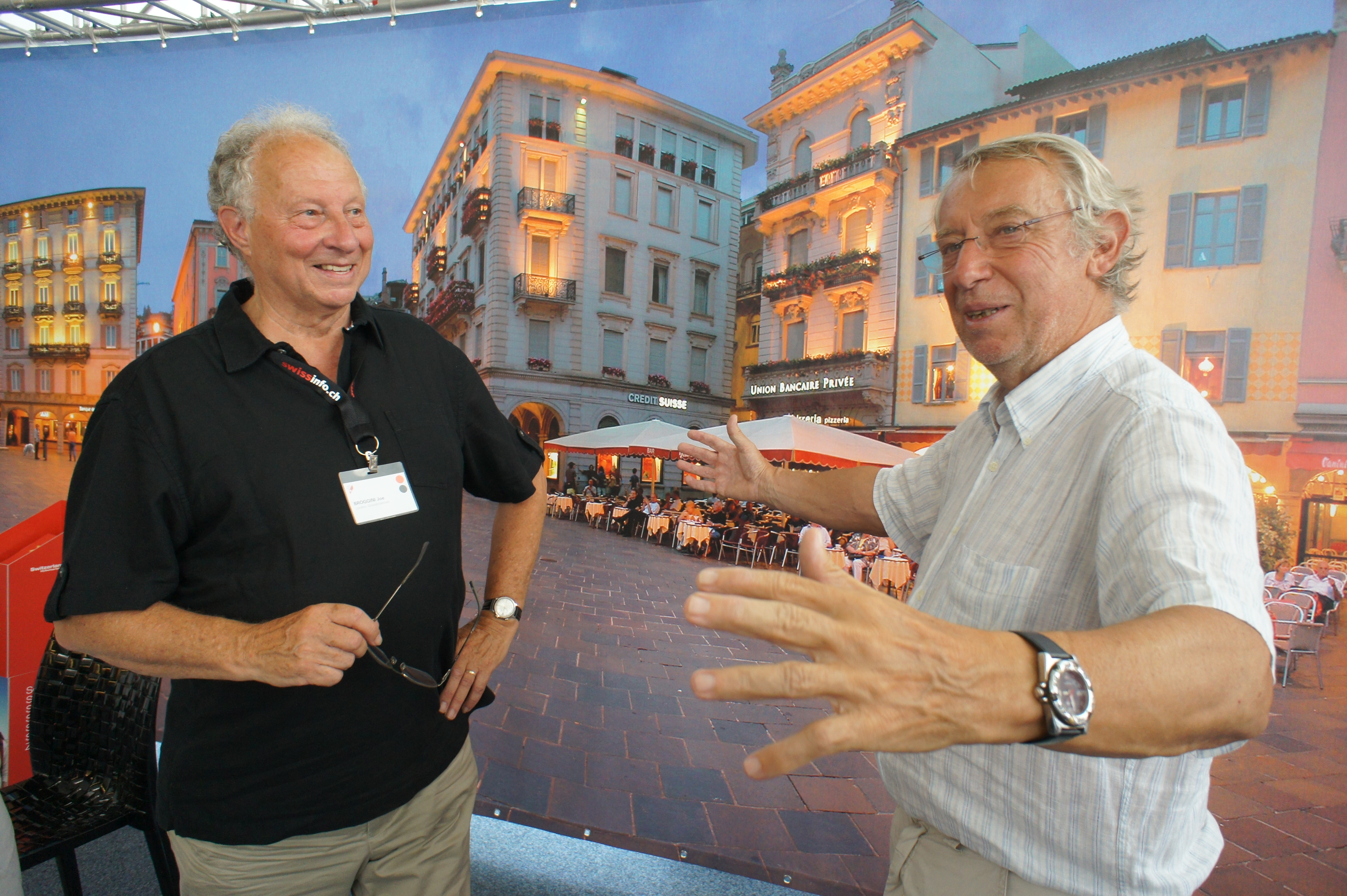
The meeting starts as many do in Switzerland: deciding which language to speak before going over the topic to be discussed.
My interview partners Joe Broggini and Piergiorgio Baroni are both native Italian speakers. Joe is also fluent in German and English. Piergiorgio converses effortlessly in German but only haltingly in English.
English is my mother tongue, and I speak German confidently even if it’s far from perfect. And I’ve been learning Italian.
Language is key to this discussion about their relationship with their home canton of Ticino since it was a main reason why they left this often misunderstood and at times maligned Italian-speaking corner of the country while still in their teens.
The setting for our talk is the annual congress of the Swiss Abroad – the organisation representing the interests of Switzerland’s 700,000-strong expat community – which concluded on Saturday in Ticino’s financial hub, Lugano.
When we are finally ready to begin our talk, Joe is in an enviable position due to his linguistic prowess while Piergiorgio and I struggle with the other’s language out of politeness, attempting to string together sentences based on a limited vocabulary and verbs that are wont to come out of our mouths in the wrong person and tense.
“As natives of Ticino, we believed that if we didn’t speak German or Swiss-German, or French, we could not have a professional future,” said Joe, who left home in 1956 at the age of 16 and lived in both German- and French-speaking regions of Switzerland before migrating abroad and finally settling in London.
Swiss-German
“My parents also said, ‘Pier, you must go and learn Swiss-German, German and French’, and so I got ten years of experience between Zurich and Basel before returning to Ticino,” Piergiorgio added in English, determined to contribute to the discussion in my language.
Unlike Joe, Piergiorgio explains that even though he never lived in another country, his decade in northern Switzerland was akin to being abroad, such was the difference between the cultures at the time between German-speaking northern Switzerland and Italian-speaking Ticino.
While Joe pursued a career as an architect, in Zurich and Helsinki and finally in London, Piergiorgio returned to Ticino where he worked as a journalist, eventually becoming a respected sports reporter.
His work trips abroad brought him into contact with the Ticino diaspora and stories of people with Ticino roots who made a mark on their countries of choice: people like former presidents of Argentina (Carlos Pellegrini) and Paraguay (Giuseppe Guggiari) or Australian runner (Steve Monighetti).
Take what you can get
“We are more likely to take advantage of opportunities outside Ticino than inside. Here, we just wait and take whatever we can get,” he said.
Joe agrees that small-mindedness has hurt a canton where the population accounts for less than five per cent of the Swiss total and the overwhelming majority of Swiss are German or French speakers.
“Perhaps the bureaucrats in ivory towers in Bellinzona should have more interest in our common ancestry and ask themselves what they can give expats to exploit their knowledge, their experience, their languages, their connections,” Joe said.
“There should be a dialogue. But Ticino is small. The smaller you are, the smaller you think.”
Loads of lira
One reason for this, according to Piergiorgio, was the fact that Ticino did not develop slowly and surely but took a giant leap from being a rural backwater in the 1950s to become an economy largely dependent on financial services in the 1960s.
He says this is when Italians began “bringing lira across the border in truckloads” and why today there are 82 different banks in Lugano alone.
For decades, Joe has done his best to represent the interests of Britain’s community of Swiss expats and has played a leading role in keeping alive the memory of the important contributions Ticino natives have made to London over the past two centuries.
For his part, Piergiorgio has devoted much of his time in recent years to raising awareness at home of the efforts of members of the diaspora including its illustrious émigrés.
Ambassadors
Ultimately, the two are ambassadors, highlighting Ticino’s unique but irreplaceable place in the multilingual mosaic that is Switzerland.
“It is Italian culture but with Swiss politics,” Joe said. “Switzerland without Ticino would not exist as a nation of the willing, as it’s known, of three to four different cultures.”
For Piergiorgio, the rest of Switzerland also benefits from hydroelectricity sourced from Ticino’s alpine dams, the building of key north-south railway tunnels running under the Alps and the canton’s role as Switzerland’s link to the ten million people in Italy’s industrial heartland just south of the border.
He also mentions the diversity of the landscape that rises from its palm-tree fringed lakes to snowy alpine peaks.
“These are great assets. But people who live here must go abroad to appreciate them,” he concluded passionately, finding all the right words in English.
In the mid-19th century, Ticino’s Carlo Gatti settled in London and opened a series of popular family restaurants, and was at the vanguard of introducing ice cream to the masses. A descendant, John Gatti, would become Lord Mayor of the City of Westminster in London.
Carlos Pellegrini and Giuseppe Guggiari both had Ticino ancestry. Pellegrini was president of Argentina between 1890 and 1892 while Guggiari was president of Paraguay between 1928 and 1932.
Argentinian poet Alfonsina Storni emigrated to Argentina with her family at the end of the 19th century.
Steve Monighetti was a Australian marathon runner with Ticino roots. In 1990, he won his first marathon gold in Berlin and gold four years later in the Tokyo marathon and bronze in the Athens World Athletics Championships in 1997.

In compliance with the JTI standards
More: SWI swissinfo.ch certified by the Journalism Trust Initiative

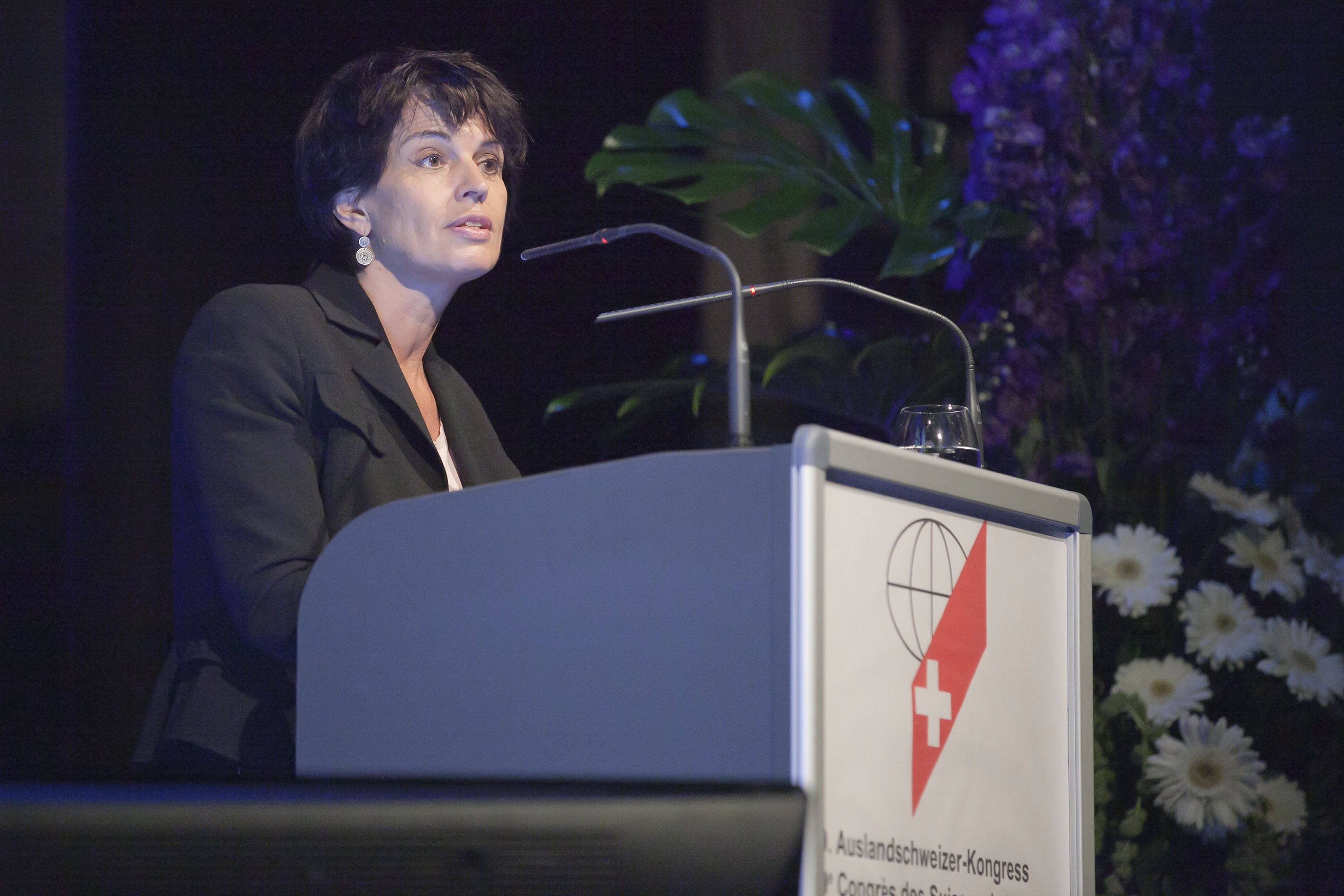
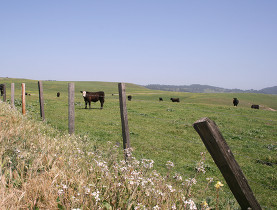
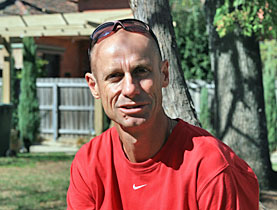

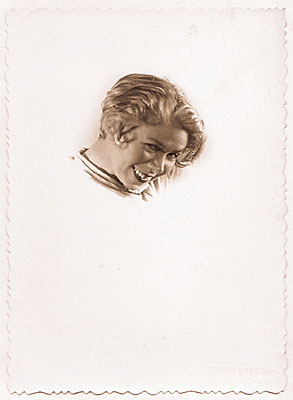
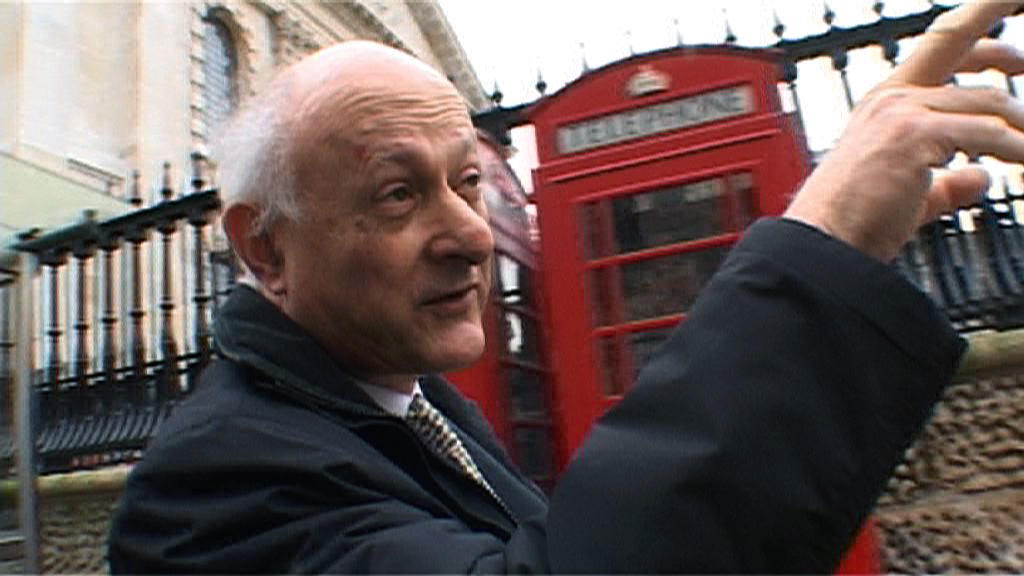
You can find an overview of ongoing debates with our journalists here. Please join us!
If you want to start a conversation about a topic raised in this article or want to report factual errors, email us at english@swissinfo.ch.